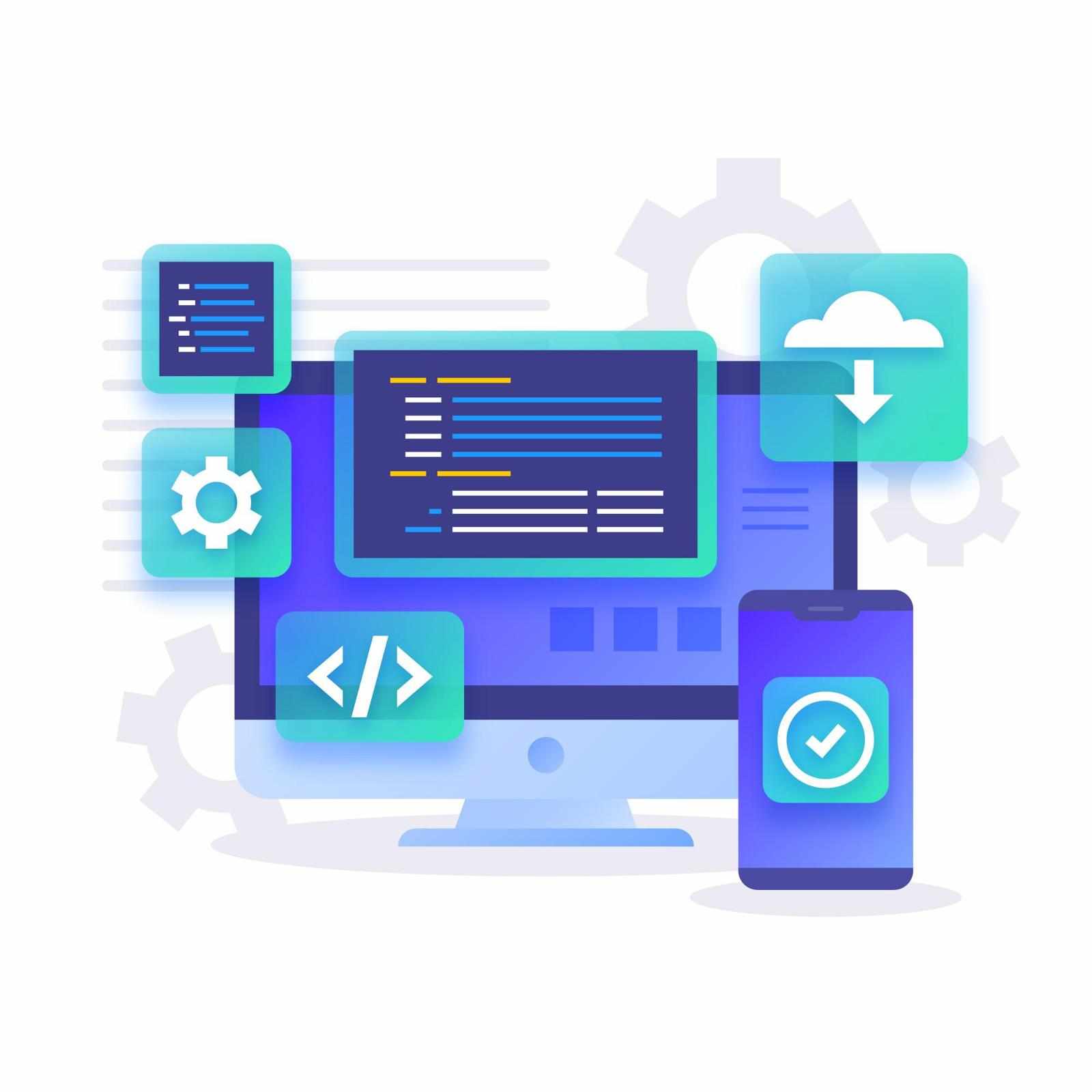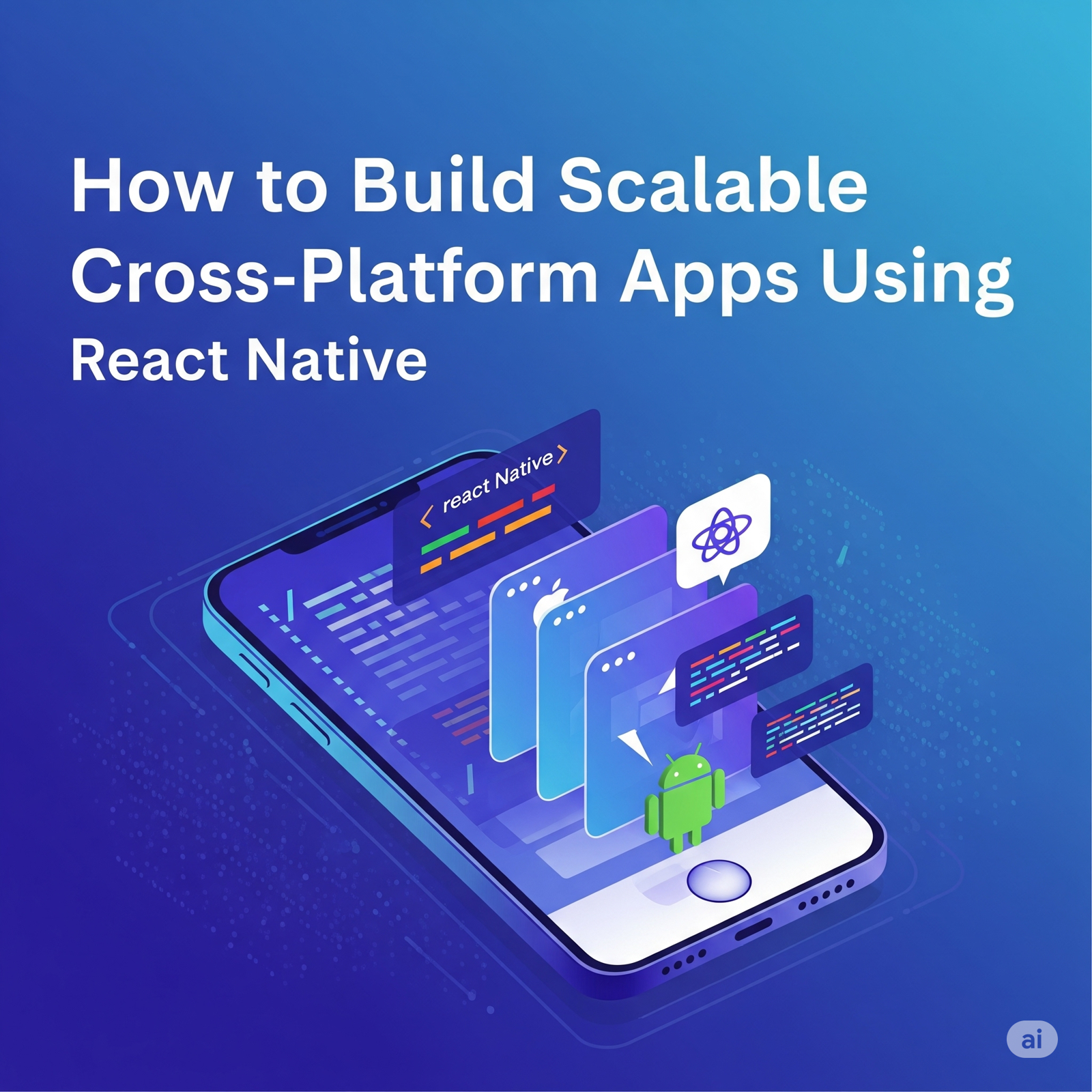
If you're a developer, you already know how important frameworks are when it comes to building great applications. Web and software development frameworks offer ready-made tools and features that help us build powerful apps faster. Thanks to these tools, we no longer have to write every line of code from scratch—we can focus on building beautiful, dynamic, and user-friendly applications more efficiently.
But with so many options available, it’s easy to get confused when choosing the right framework, especially if you're considering tools like Ext JS. This blog will help you make the right choice by listing the 10 most popular and reliable frameworks for building modern web applications. Whether you’re working with Ext JS or ASP NET Core, you’ll find several excellent options to consider here.
So, let’s explore the top frameworks to use in your next project—perfect whether you're an individual developer or a professional team at a Web App Development Company.
1. Ext JS
Ext JS is a widely used framework designed for developing enterprise-level applications. It comes with a rich set of over 140 pre-built UI components, including:
Grids
Pivot Grids
Exporters
Layouts
Charts
D3 Adapters
With Ext JS, developers can quickly build data-intensive JavaScript applications and significantly reduce development time.
What’s New in Ext JS 7.7?
The latest version, Ext JS 7.7, offers the following upgrades:
Smoother scrolling in Grid components
Enhanced Timefield and Calendar features
Improved chart functionality for both Classic and Modern toolkits
Better experience for Firefox users in the Grid Column
Accessibility upgrades, especially ARIA support
On-demand downloads for specific versions and templates
Updated support for IDEs like Eclipse, JetBrains, and Visual Studio Code
Tooling improvements for NPM and Closure compiler
These updates make Ext JS even more powerful and reliable for modern web development.
2. React
React, developed by Facebook, has changed how developers build interactive web and mobile interfaces. This JavaScript library is a favourite in the industry due to its performance, flexibility, and user-friendly features.
Key Benefits of React:
Cross-Platform: Works for both web and mobile development
Component-Based: Promotes reusability and consistent UI design
Virtual DOM: Optimises performance by updating only parts that change
Strong Ecosystem: Tools like Next.js and Create React App help speed up development
Ideal for SPAs: Perfect for building smooth single-page applications
React’s efficient approach to front-end development makes it a top pick for developers at any top Web App Development Company.
3. Angular
Created by Google, Angular is a robust framework for building large-scale, dynamic applications. It’s based on TypeScript and is packed with features that streamline the development process.
Angular Highlights:
Two-Way Data Binding: Automatically syncs UI and data
Dependency Injection: Makes code modular and easier to manage
TypeScript Support: Improves code structure and clarity
Angular CLI: Helps with fast setup and consistent development
Google Support: Offers long-term stability and community backing
Trusted by brands like PayPal, Netflix, and Upwork, Angular is great for large projects where structure and scalability matter.
4. Vue.js
Vue.js is a progressive JavaScript framework ideal for building user interfaces and single-page applications (SPAs). Its flexible nature allows it to be integrated gradually into projects, making it a top choice for developers of all levels.
Why Choose Vue.js?
Flexible Integration: Use it as little or as much as needed
Beginner-Friendly: Simple syntax and easy project setup
Ecosystem Tools: Vue Router, Vuex for state management, and Vue CLI
Reactivity: Keeps UI updated based on real-time data
Lightweight Performance: Fast loading and optimised rendering
Vue.js works great for small teams and large-scale applications alike, making it a go-to tool for many web developers.
5. Django
Django is a Python-based framework known for helping developers build secure, scalable web applications quickly. It’s loved for its “batteries-included” philosophy, offering built-in tools and defaults that speed up the development process.
Django Key Features:
Rapid Development: Helps you meet tight deadlines
ORM Support: Use Python code to work with databases
Security-Focused: Helps protect against common vulnerabilities
Automation: Reduces the need for repetitive tasks
Enterprise Ready: Used by Instagram, Pinterest, and Spotify
Django is perfect for complex apps that need to scale without compromising performance or security.
6. Flask
Flask is a lightweight Python framework that's perfect for small to medium-sized web applications. It gives developers the flexibility to design their architecture while still offering essential tools to build a solid web backend.
What Makes Flask Stand Out?
Minimal Setup: Easy to get started
Extensible: Add plugins for forms, databases, and more
Developer Freedom: Not opinionated—build your app your way
Active Community: Offers great tutorials and documentation
Best for Prototypes: Ideal for MVPs and small apps
Flask is great when you need simplicity and control, whether you're building a side project or a business tool.
7. Ruby on Rails
Ruby on Rails is a full-stack web framework that simplifies web development using the Ruby programming language. Known for its fast development cycle, Rails is perfect for startups and teams that need to move quickly.
Why Developers Choose Rails:
Convention Over Configuration: Fewer decisions, faster coding
Scaffolding: Automatically generates common code
Active Record ORM: Simplifies working with databases
Large Ecosystem: Rich set of plugins ("gems")
Community Support: Strong documentation and resources
Rails is used by companies like Shopify and GitHub, proving its reliability and speed in real-world projects.
8. Express.js
Express.js is a minimalist framework for Node.js, often used to create backend APIs and web apps. It’s especially useful when building scalable, high-performance apps.
Express.js Features:
Unopinionated: You design the app structure
Fast and Lightweight: Great for microservices and REST APIs
JavaScript-Powered: Use the same language for frontend and backend
Community Tools: Plenty of middleware and extensions
Used by Big Names: Uber, Accenture, and Myntra rely on it
Express is an essential part of the MEAN stack and is perfect for modern app development.
9. Laravel
Laravel is a PHP framework known for its elegant syntax and ease of use. It simplifies many common tasks and helps developers build secure and maintainable web apps quickly.
La Ravel's Strengths:
Built-in Tools: User authentication, routing, caching, and more
Blade Templating: Clean and readable UI code
ORM (Eloquent): Simple database interactions
Laracasts: Video tutorials that teach Laravel and related tech
Great for PHP Devs: Makes PHP development more efficient
Laravel is ideal for web projects of any size and is widely used by both startups and established companies.
10. ASP Net Core
ASP.NET Core is Microsoft’s open-source framework for building powerful web apps and enterprise software. It’s fast, secure, and cross-platform, making it a favourite for teams building complex solutions.
What ASP Net Core Offers:
High Performance: Optimised for speed
Cross-Platform: Works on Windows, macOS, and Linux
Cloud-Ready: Deep integration with Azure
Modern Tools: Works with Visual Studio and other IDEs
Enterprise-Grade: Suitable for large systems and apps
This framework is perfect for organisations looking to build scalable apps with strong support and security.
Final Thoughts
Choosing the right framework is crucial when it comes to building strong, reliable applications. Each option listed above has unique strengths. If you’re creating a large enterprise app, Ext JS might be ideal. For interactive and dynamic UIs, React and Angular are great picks. Vue.js is simple and flexible, Django is powerful and secure, and Flask is perfect for small-scale projects. Ruby on Rails is great for fast launches, Express.js is excellent for APIs, and Laravel helps PHP developers stay productive.
No matter your project type, the right framework paired with the right Web App Development Company can turn your idea into a high-performing application.






Write a comment ...